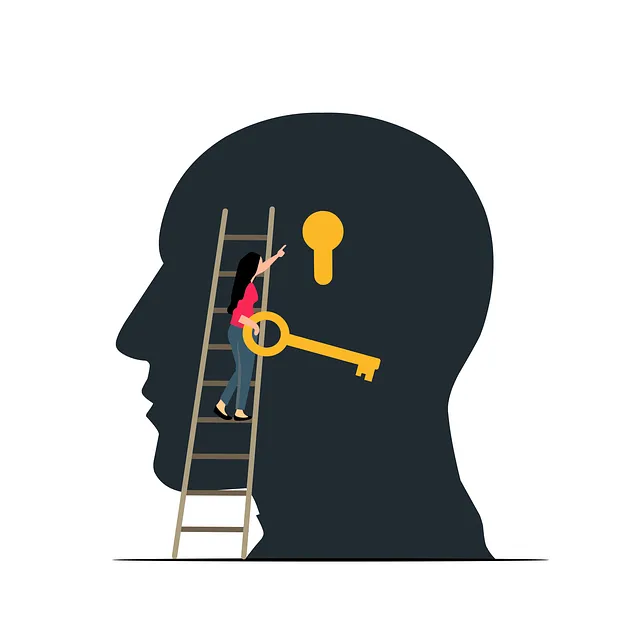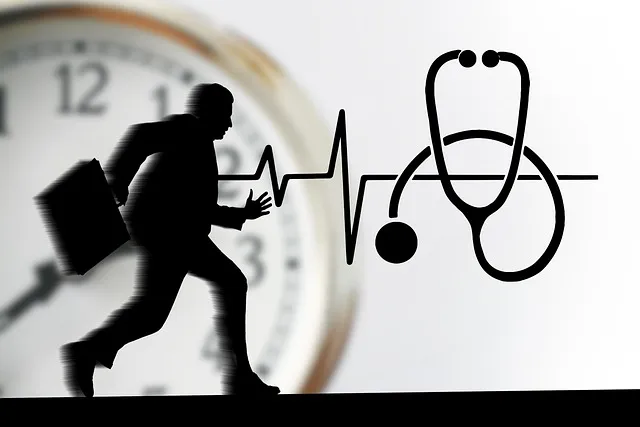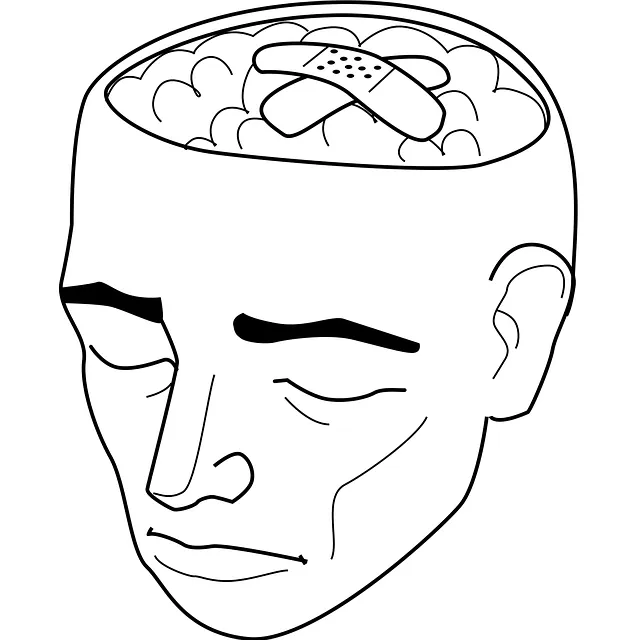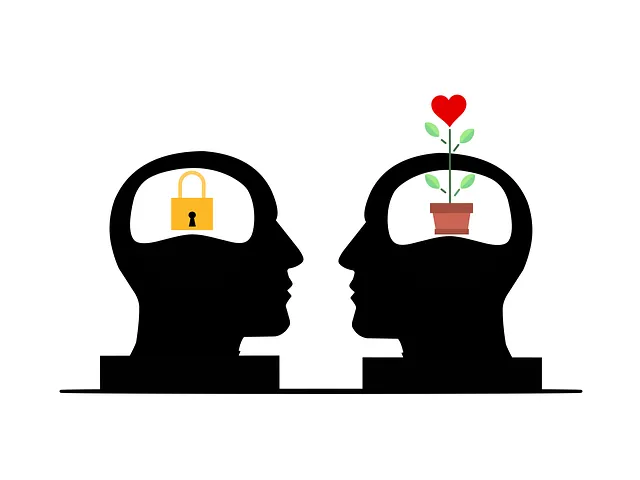The Lone Tree Kaiser Permanente mental health center emphasizes early detection of depression symptoms like persistent sadness, changes in appetite/sleep, and concentration difficulties. They promote proactive mental wellness through programs focusing on self-esteem, healthy coping mechanisms, exercise, journaling, and mindfulness. Adopting healthier lifestyles and building strong support networks are key prevention strategies advocated by the center. They offer comprehensive care including CBT, interpersonal therapy, medication management, crisis intervention, and burnout prevention for both individuals and healthcare providers.
Depression is a prevalent yet profound challenge affecting individuals across all walks of life. This article delves into essential strategies for prevention, empowering readers to safeguard their mental well-being. We explore key aspects starting with understanding depression’s signs and symptoms, highlighting the crucial role of institutions like the Lone Tree Kaiser Permanente Mental Health Center in promoting mental health awareness and offering preventive services. Additionally, we provide actionable lifestyle changes, emphasize the power of social connections, and discuss available treatment options.
- Understanding Depression: Recognizing the Signs and Symptoms
- The Role of Lone Tree Kaiser Permanente Mental Health Center in Prevention
- Lifestyle Changes for a Healthier Mindset
- Building a Supportive Network: Connections Matter
- Professional Help and Treatment Options Available
Understanding Depression: Recognizing the Signs and Symptoms

Depression is a common yet serious mental health condition that can significantly impact an individual’s daily life and overall well-being. Recognizing the signs and symptoms early on is crucial in preventing and managing depression effectively. The Lone Tree Kaiser Permanente mental health center emphasizes the importance of awareness, as many people may experience subtle changes in their mood and behavior without realizing they could be indicators of depression.
Common signs include persistent feelings of sadness, loss of interest in activities once enjoyed, changes in appetite or sleep patterns, fatigue, difficulty concentrating, and feelings of worthlessness. These symptoms can vary in intensity and duration, but if left unaddressed, they may lead to more severe complications. The center recommends seeking professional help if you or someone close to you experiences several of these symptoms for two weeks or longer. Additionally, considering Mental Wellness Coaching Programs Development or learning effective communication strategies can be beneficial in building resilience against depression. Anxiety Relief techniques are also valuable tools, as stress and anxiety often contribute to the onset of depressive episodes.
The Role of Lone Tree Kaiser Permanente Mental Health Center in Prevention
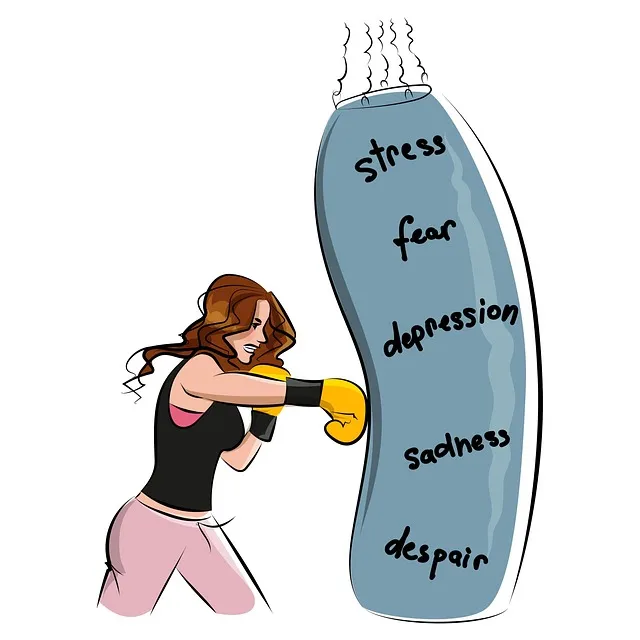
The Lone Tree Kaiser Permanente Mental Health Center plays a pivotal role in depression prevention strategies by providing comprehensive resources and guidance tailored to individual needs. This center is dedicated to fostering mental wellness through various programs designed to enhance self-esteem, promote healthy coping mechanisms, and increase mental health awareness. By offering specialized services such as therapy sessions, support groups, and educational workshops, the center equips individuals with the tools necessary to navigate stress, anxiety, and potential depressive episodes effectively.
Lone Tree Kaiser Permanente’s approach emphasizes the importance of proactive mental health management. They encourage journaling as a means to process emotions, reflect on experiences, and track personal growth. Additionally, exercise guidance is provided, highlighting physical activity’s significant role in boosting mood and overall well-being. Through these initiatives, the center fosters a culture of resilience and encourages individuals to prioritize their mental wellness, thereby preventing depressive disorders before they escalate.
Lifestyle Changes for a Healthier Mindset

Adopting a healthier lifestyle can be a powerful tool in preventing and managing depression, as highlighted by the expert mental health professionals at Lone Tree Kaiser Permanente. Simple yet effective changes include regular physical exercise, which boosts mood-regulating neurotransmitters like serotonin and dopamine. A balanced diet rich in nutrients supports overall brain health, with foods containing omega-3 fatty acids, B vitamins, and magnesium known to enhance mental well-being.
Additionally, prioritizing sleep hygiene is essential for maintaining a positive mindset. Adequate rest allows the brain to process emotions and consolidate memories effectively. The reduction of stress through mindfulness practices, such as meditation or yoga, also plays a significant role in anxiety relief and fostering resilience against depressive episodes. Incorporating these lifestyle adjustments into daily routines can contribute to a more sustainable and healthier mental state, utilizing resources like Mental Health Education Programs Design and Healthcare Provider Cultural Competency Training to empower individuals on their path to well-being.
Building a Supportive Network: Connections Matter

Building a strong support network is a vital aspect of depression prevention, and seeking help from reliable sources can be transformative. The Lone Tree Kaiser Permanente mental health center emphasizes the power of connections in fostering well-being. Human relationships play a significant role in our emotional resilience; having a circle of trusted friends, family, or support groups can provide a safe space to express feelings and seek guidance.
Mental Health Education Programs Design often focus on teaching individuals effective communication and conflict resolution techniques, which are essential tools for building and maintaining these connections. Additionally, professionals in the field should consider implementing Risk Assessment for Mental Health Professionals to identify potential risks early on, ensuring that both clients and practitioners have access to the necessary resources and support networks to prevent and manage depression effectively.
Professional Help and Treatment Options Available

For many individuals dealing with depression, seeking professional help is a pivotal step towards recovery. The Lone Tree Kaiser Permanente mental health center offers a range of services tailored to address depressive disorders effectively. Their team of experts provides personalized treatment plans, combining various therapeutic approaches like cognitive-behavioral therapy (CBT), interpersonal therapy, and sometimes medication management. These evidence-based treatments have proven successful in managing symptoms and improving overall well-being.
In times of crisis or severe distress, the center also offers Crisis Intervention Guidance, a vital resource for those experiencing acute mental health challenges. Additionally, they emphasize Burnout Prevention Strategies for Healthcare Providers, recognizing the unique pressures faced by medical professionals. Through Stress Reduction Methods and supportive care, they aim to restore balance and resilience in these essential caregivers, ultimately contributing to better patient outcomes and a healthier community.
Depression is a serious yet manageable condition, and with the right strategies, prevention is achievable. By recognizing early signs and symptoms, seeking professional help from centers like the Lone Tree Kaiser Permanente Mental Health Center, adopting healthy lifestyle changes, building supportive networks, and exploring various treatment options, individuals can effectively boost their mental well-being. Combining these preventive measures can create a robust defense against depression, fostering a healthier and happier life.

